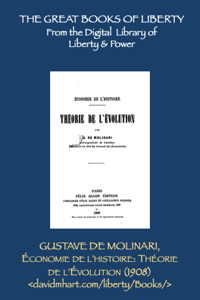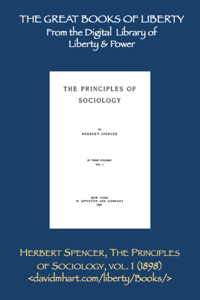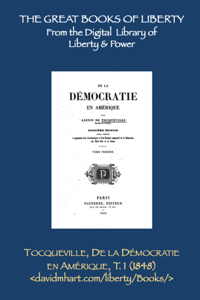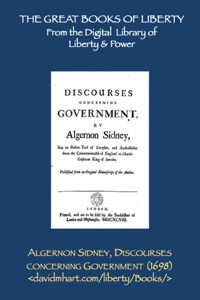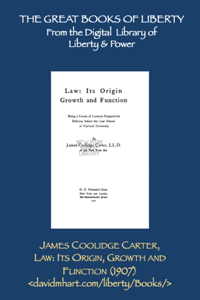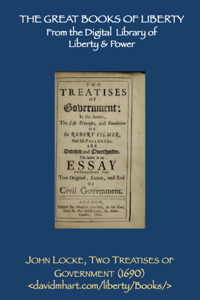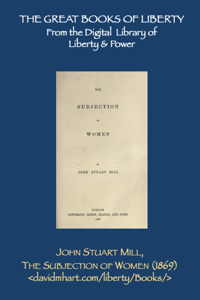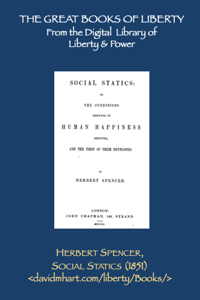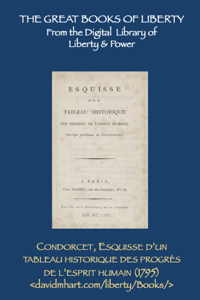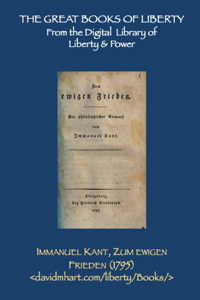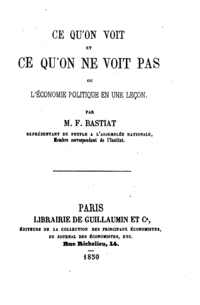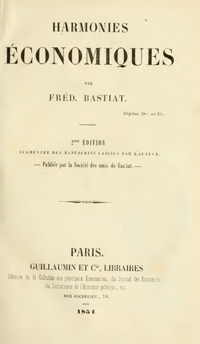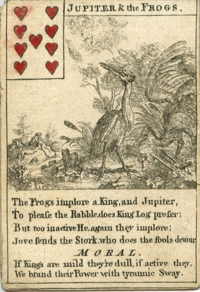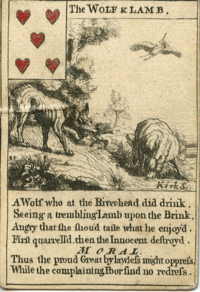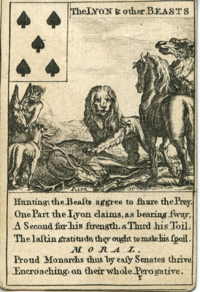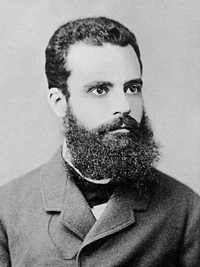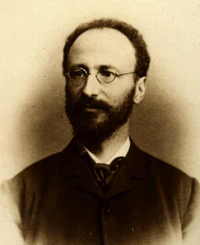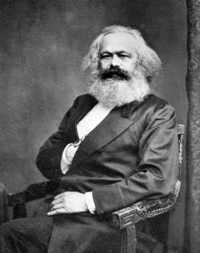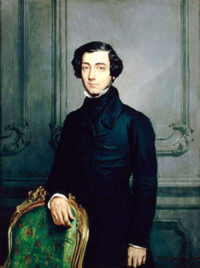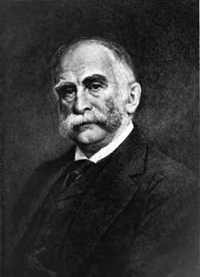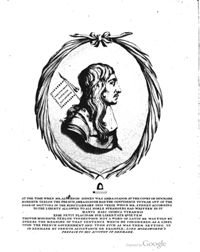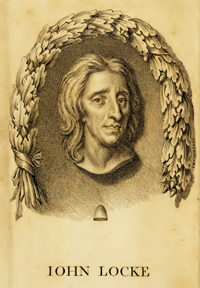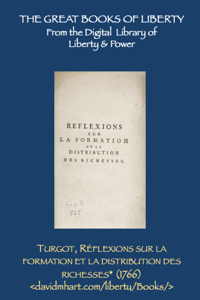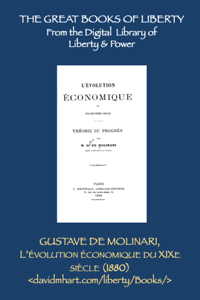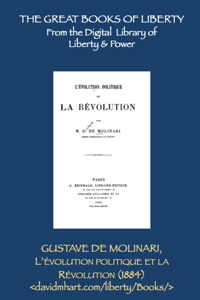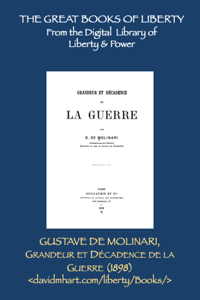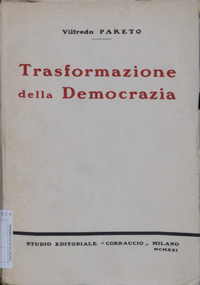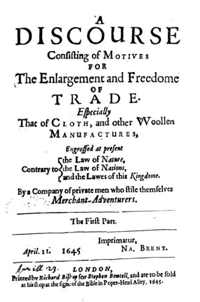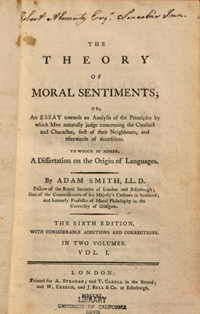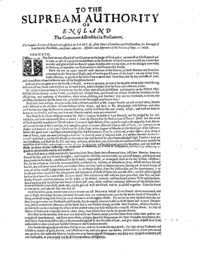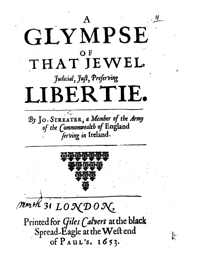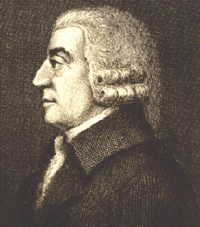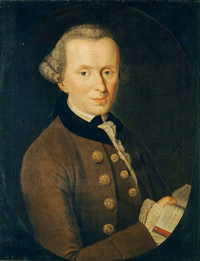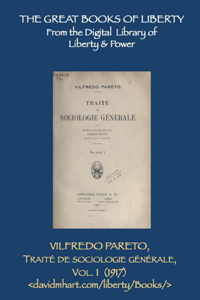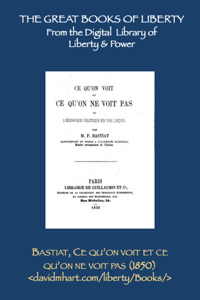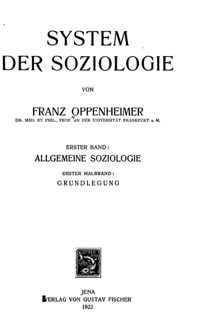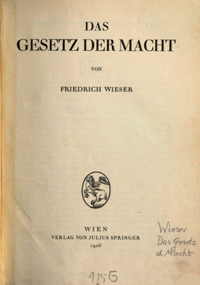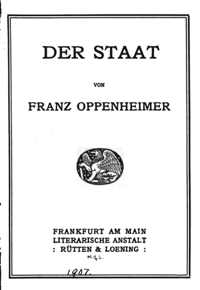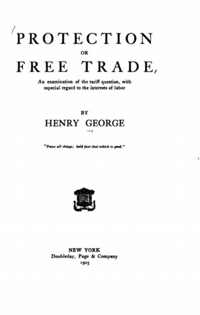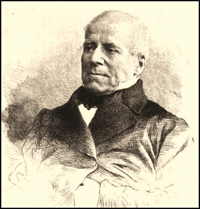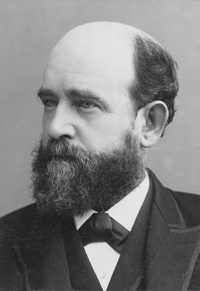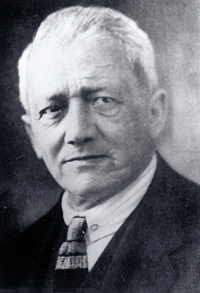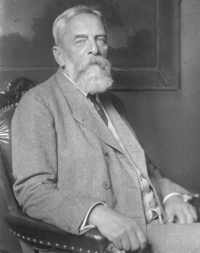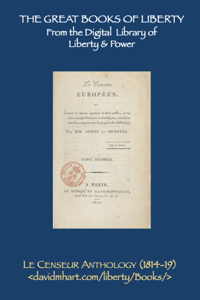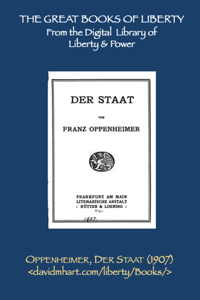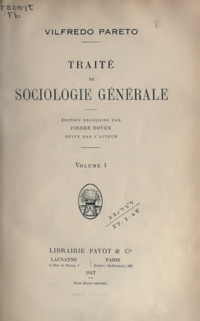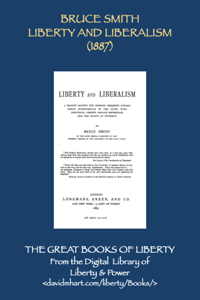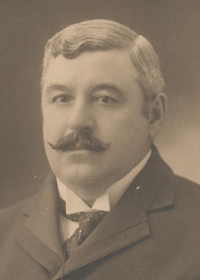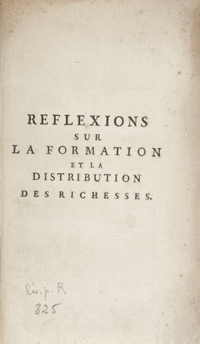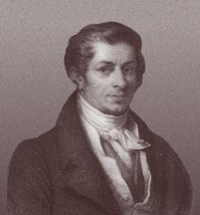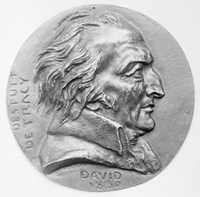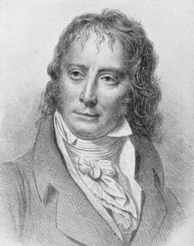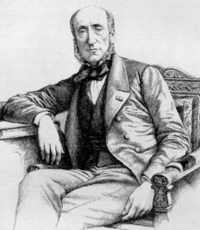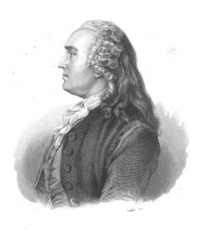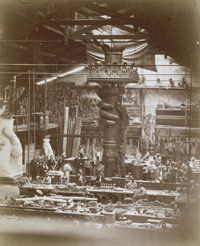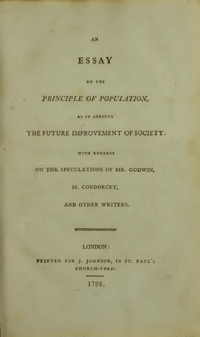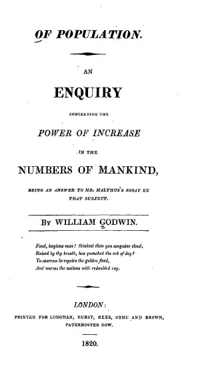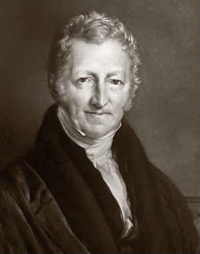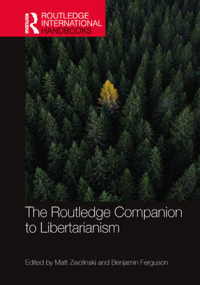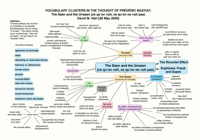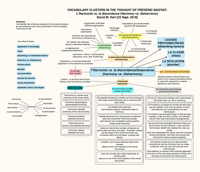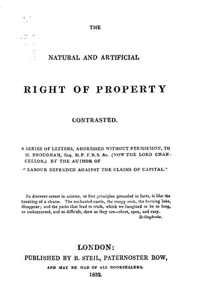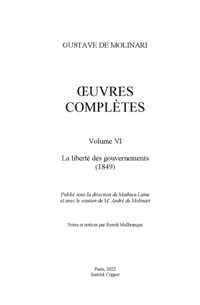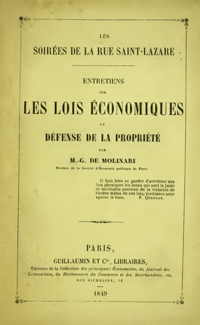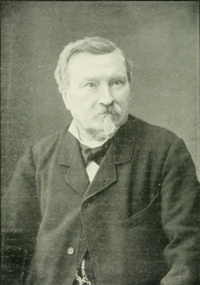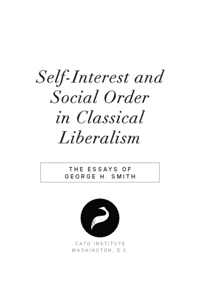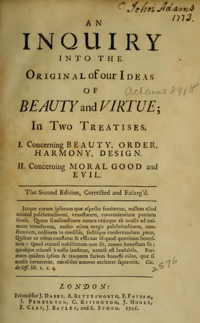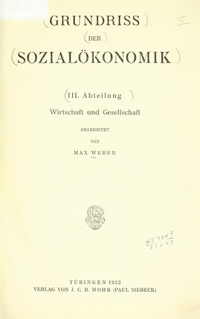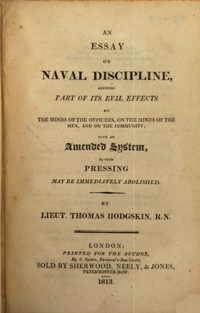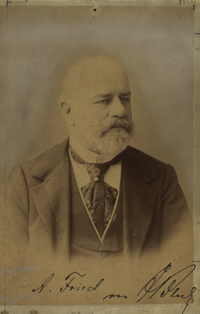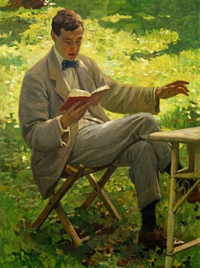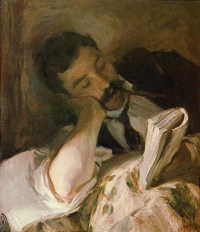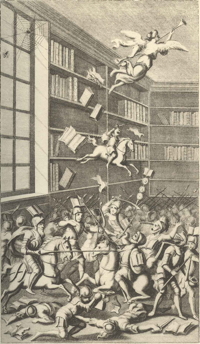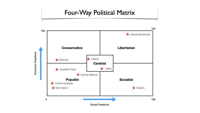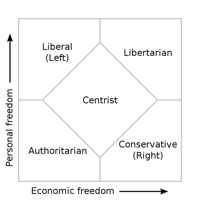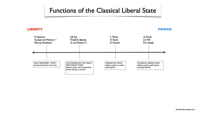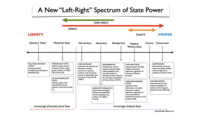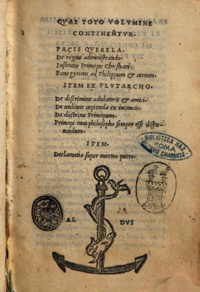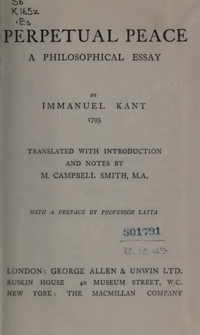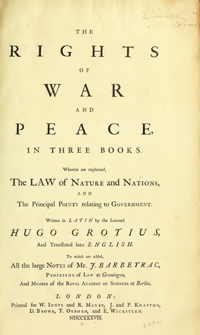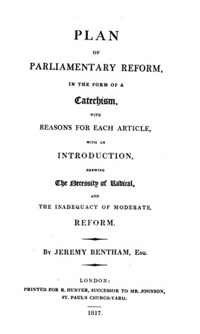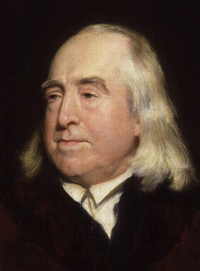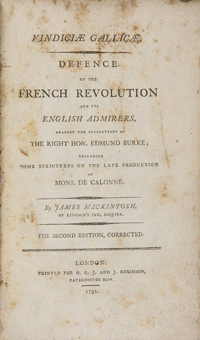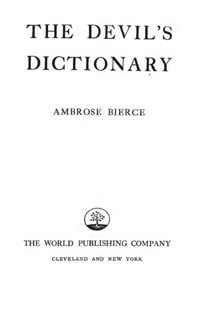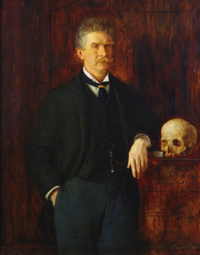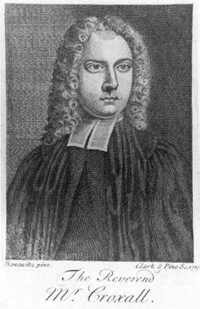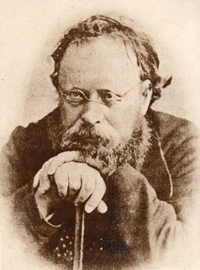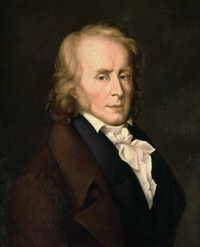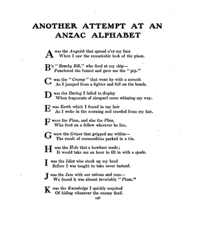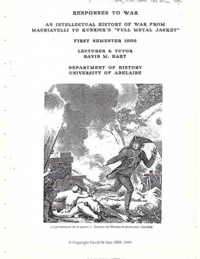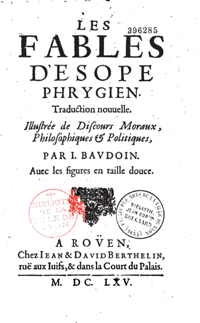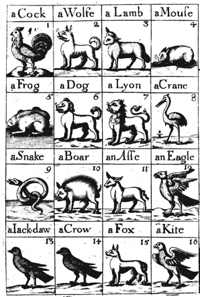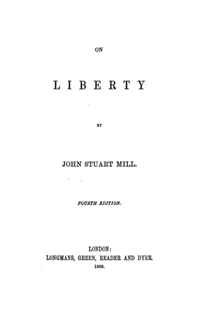
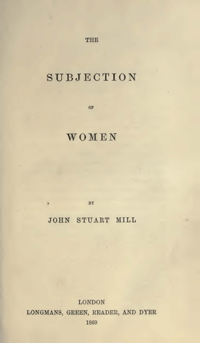
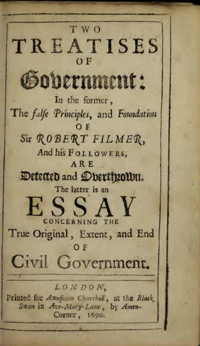
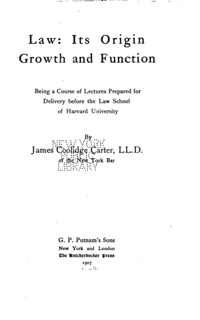
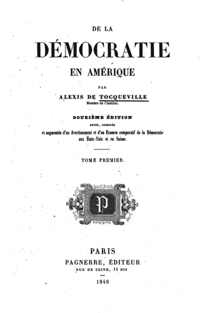
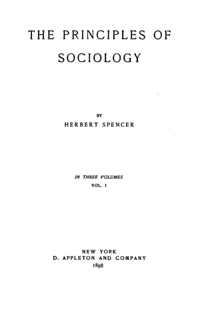
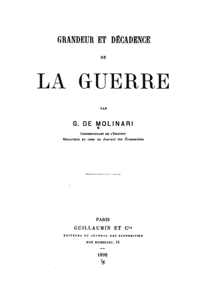
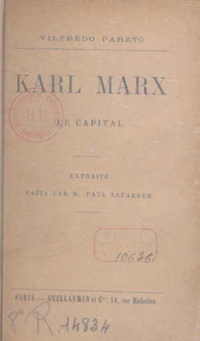

|
Blog posts:
- “The eBook Collection of the ‘Digital Library of Liberty and Power’ “ (24 Dec. 2022)
- “Œuvres complètes de Gustave de Molinari” (23 Dec. 2022)
- “Molinari on War and Peace” (21 Dec. 2022)
Talks and Papers:
Additions to the eBook Collection:
- My growing eBook collection of classic works about liberty and power (32 titles and counting) - in their original language, and either 1st ed. or the last edtion in the author's lifetime. See my blog post on the editing philosophy behind this. Newly added ePub texts:
- JS Mill, On Liberty (4th ed. of 1869)
- JS Mill, The Subjection of Women (1869)
- Mises, Liberalismus (1927)
- Locke, Two Treatises of Government (1690)
- Carter, Law: Its Origin, Growth and Function (1907)
- Sidney, Discourses concerning Government (1698)
- Tocqueville, De la Démocratie en Amérique (1848)
- Spencer, The Principles of Sociology, 3 vols. (1898)
- Molinari, Économie de l'histoire: Théorie de l'Évolution (1908)
- Molinari, L’évolution politique et la Révolution (1884)
- Turgot, Réflexions sur la formation et la distribution des richesses (1766).
- Molinari, Grandeur et décadence de la guerre (1898)
- Molinari, L’évolution économique du XIXe siècle (1880)
- works in preparation or under consideration:
- Adam Smith, The Theory of Moral Sentiments (1790)
- Bastiat, Sophismes économiques (1st series 1846, 2nd series 1848)
- Charles Coquelin, Du Crédit et des Banques (1848)
- Bastiat, Harmonies économiques (2nd enlarged edition of 1851)
- JS. Mill, The Principles of Political Economy (1871)
- Edwin Cannan, Elementary Political Economy (3rd ed. 1903)
- Philip H. Wicksteed, The Commonsense of Political Economy (1910)
Additions to the Main Library:
- the edition of Mill's On Liberty I have had online for some time was the very nice combined edition of OL and The Subjection of Women of 1879. I have now put online the 4th ed. of 1869 which was the last edition which appeared in Mill's lifetime. It is available in standart HTML, facs. PDF, and eBook HTML - PDF - ePub
- a new eBook added to the collection: the first edition of John Stuart Mill, The Subjection of Women (1860). HTML, PDF and ePub and the zipped collection (including facs. PDF]
- an updated version of Ludwig von Mises, Liberalismus (1927). Also eBooks added to the collection.
- The Institut Coppet has recently published volume 9 of the Complete Works of Gustave de Molinari, thus completing the first 10 years of his long and very productive life (1842-52). Only 60 more years to go! I have put together the full tables of contents of these volumes in one file. Each volume is available to download in PDF free of charge.
- Volume 1 : Avant la conversion au libéralisme (1842-1845) [PDF]
- Volume 2: Libre-échange et réforme électorale (1845-1846) [PDF]
- Volume 3 : Le libre-échange sans compromission (1846) [PDF]
- Volume 4 : L’entrée au Journal des économistes (1846-1847) [PDF]
- Volume 5 : Dans la tempête révolutionnaire (1848) [PDF]
- Volume 6 : La liberté des gouvernements (1849) [PDF]
- Volume 7 : La république menacée (1850) [PDF]
- Volume 8 : La solitude et l’exil (1851) [PDF]
- Volume 9 : En exil dans son propre pays (1852) [PDF]
- One of the truly great books of liberty is John Locke's Two Treatises of Government (1690). I now have the 1st edition of 1690 online [in HTML and facs. PDF] to add to the 1764 Hollis edition which has a beautiful etching of John Locke "the hero of liberty". The Hollis edition was widely circulated in the American colonies on the eve of the Revolution, thus spreading Lockean ideas of property rights, the consent of the governed, and the right to overthrow tyrannical governments.
- I have revised and updated a work I first put online in December 2020: Algernon Sidney (1622-1683), Discourses concerning Government (1698) which now has all of its footnotes, and the margin notes have been reformatted.
- Another work by the American lawyer and jurist James Coolidge Carter (1827-1905): Law: Its Origin, Growth and Function (1907) was originally given as a series of lectures at Harvard University. Carter strongly opposed the Benthamite idea that law was whatever the state said it was, and argued instead that it was and should be based upoon "custom" (or common law), which in turn was based upon the ideas people held about what was right and just. As people's ideas became more "liberal" so did the law. The section dealing with the folly of "sumptuary laws" like the prohibition of alcohol is noteworthy . In [HTML] and [facs. PDF]. Also eBook formats: HTML, PDF, ePub
- others works by Carter online: The Provinces of the Written and the Unwritten Law (1889): [HTML] and [facs. PDF]
- The Ideal and the Actual in the Law (1890): [HTML] and [facs. PDF]
- My last big project of the year is Alexis de Tocqueville's De la Dénocratie en Amérique (1835, 1840) in the 12th revised edition of 1848. Although he is highly regarded as a classical liberal sociologist, I find him less insightful than Molinarii and Bastiat on the nature of power and "la spoliation" (plunder), and as a result he has little to say about class analysis.The fact that he left the issue of slavery to his companion Beaumont, whereas Comte, Dunoyer, Bastiat and Molinari made it the centre of their analysis, says a great deal. As a liberal-minded conservative aristocrat he was more concerned about "democracy" than he was about the threats to liberty posed by "the slave power", "the protectionist power", and the plutocratic "banking power". To his credit, he did though worry about the growth of the centralising power of the administrative and bureaucratic state. See
- I have updated and revised a number of texts in standard HTML and various eBook versions to bring them up-to-date with my new formatting standards:
- Herbert Spencer, The Principles of Sociology, in Three Volumes (1898 authorized third edition) - vol. 1 [standard HTML, facs. PDF]; vol. 2 [standard HTML, facs. PDF]; vol. 3 [standard HTML, facs. PDF]. See also the combined tables of contents of the three volumes.
- as I did with Pareto's very large Traité de Sociologie Générale (1917) ("2 volumes in i" at 6.5 MB) I have combined all three of Spencer's Principles into one very large volume ("3 volumes in 1" at 5.6 MB) in order to facilitate key word searches across the set. Both these works use my new eBook style sheet for better formatting of the text
- for the eBook versions of Spencer's Principles, see:
- Gustave de Molinari, L’évolution politique et la Révolution (Political Evolution and the Revolution) (1884), the second volume of his series on histrocial and economic sociology - in standard HTML, facs. PDF and various eBook formats: HTML, PDF, and ePub, and the zipped collection
- Gustave de Molinari, Grandeur et décadence de la guerre (The Rise and Fall of War) (1898). It is reasonably short at 207 pp. of text, but includes 90 pp. of appendices, which consist mostly of previous articles Molinari had written on war and peace over the previous 50 years, and I have added to the HTML the useful analytical table of contents; see the standard HTML, facs. PDF, and eBook formats in HTML, PDF, and ePub [also the zipped collection].
- Grandeur et décadence de la guerre is the third volume in Molinari’s grand historical sociology of the emergence of the state, markets, and the ruling class. The series includes:
- L’évolution économique du XIXe siècle: théorie du progrès (Economic Evolution in the 19th Century: A Theory of Progress) (1880) in [HTML], [facs. PDF], and eBook formats [HTML, PDF, ePub - and the zipped collection]
- L’évolution politique et la révolution (Political Evolution and the Revolution) (1884) in [HTML], [facs. PDF], and eBook formats [HTML, PDF, ePub - and the zipped collection]
- Grandeur et décadence de la guerre (The Rise and Fall of War) (1898) in [HTML], [facs. PDF], and eBook formats [HTML, PDF, ePub - and the zipped collection]
- and a final fourth volume which summarises his life's work on this topic: Économie de l’histoire: Théorie de l’Évolution (The Economics of History: A Theory of Evolution) (1908) in [HTML], [facs. PDF], and eBook formats [HTML, PDF, ePub - and the zipped collection]
- I have written previously on the neglect of classical liberal sociology and class analysis. See my blog post on “The Scandalous Neglect of Classical Liberal Sociology” (30 May 2021)
- Vilfredo Pareto (1848-1923) wrote some devastating criticism of socialism in general and Marxism in particular. See his introduction to a collection of extracts of Marx’s Capital published by the Guillaumin firm (in French) in 1897 [HTML and facs. PDF]; as well as his two volume work Les Systèmes socialistes (1902) given as lectures at the University of Lausanne. Chapters 13 and 14 deal with Marx [facs. PDF].
- Important note; at the same time the Austrian economist Eugen von Böhm-Bawerk (1851-1914)
wrote his equally devastating critique of Marx, "Zum Abschluss des Marxschen Systems" (On the Completion of Marx's System (of Thought)) (1896) in German [HTML] and English [HTML]
- for those who are brave, see my edition of Marx's Das Kapital in German and English [HTML].
- see also my bibliographical essay on the classical liberal critique of socialism
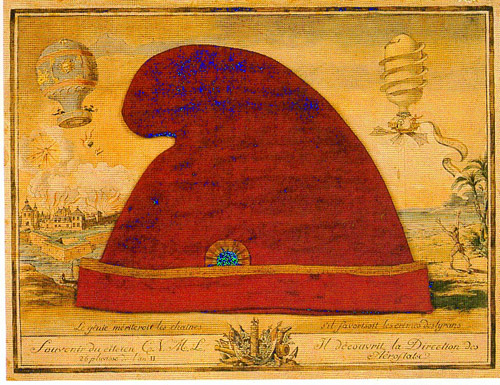
[The "Phrygian Cap"
was worn by freed slaves in the Roman period and became the symbol of the Thomas Hollis publishing firm in the mid-18th century and was adopted later during the French Revolution as a symbol of liberation from the oppression of the Ancien Régime. I now use it as the image of my "eBook Collection" of works from this Digital Library of Liberty and Power.]

[Above: Icons used by Thomas Hollis - the "liberty cap" and the dagger that Brutus used to kill the tyrant Caesar.]
[At left: Icons used by the Guillaumin publishing firm in the 1840s and later.]
|

